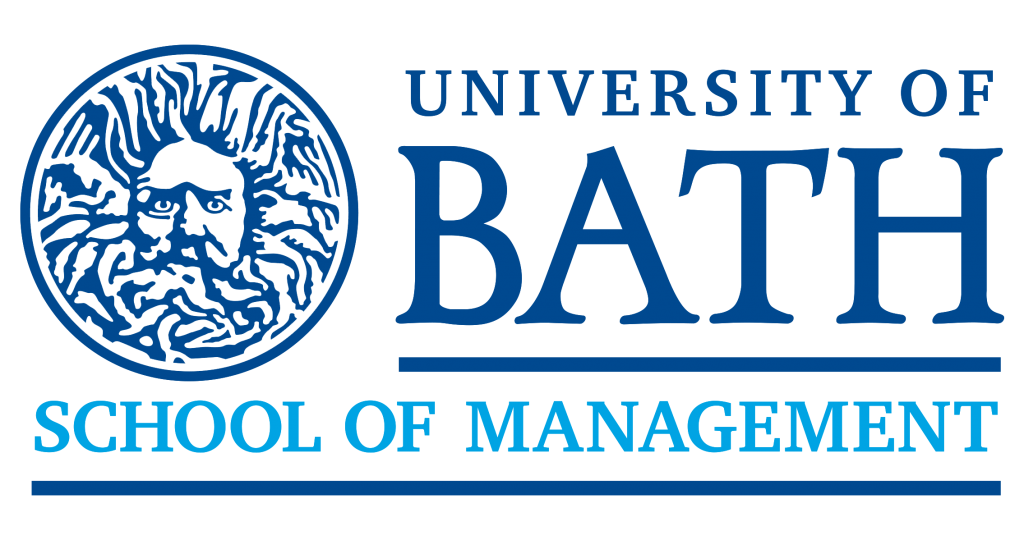
Look out!
Dan Davies | Director of Higher Education Management Programmes | University of Bath
Are we really so self-centred?
‘The problem with universities is that they are essentially inward-looking institutions. They’re only in it for what they can get out of it.’ This was the somewhat cynical assessment of a friend of mine, the director of an educational technology company, reflecting over coffee on his experience of working with a number of universities in the UK and internationally. I leapt to the sector’s defence, arguing that if we appear to be self-centred and grasping it’s only because external pressures and successive waves of government legislation have made us that way. Forced to compete within a national – and increasingly global – marketplace for student fee income, research grants and donations from rich alumni we’ve become increasingly focused on the bottom line. There are no incentives to do anything for free any more, as even different departments, units and faculties within the same institution fight for resources and charge each other for their services. We pay lip service to the notion of an ‘entrepreneurial university’ – engaging with local businesses and our regional economies – but if such partnerships don’t pay off in the short term (e.g. one REF cycle), contribute to our league table position or make good headlines for our marketing materials we’re not willing to invest time and resources in them. Exhorted to behave like businesses, exposed to financial risk and having to respond to repeated shocks – abolition of student number caps, exclusion from EU funding schemes, loss of Chinese student income through coronavirus – there is a temptation for higher education institutions to adopt a siege mentality and turn inwards to ensure our survival.
Internationally-oriented or profit-driven?
All this is highly ironic. Universities are supposed to be beacons of internationalism and scholarly collaboration, standing in counter-cultural opposition to the political trend towards nationalism and protectionism in many countries. European and Arabic higher education of the Middle Ages led the way in forging an international academic community for the free exchange of ideas, many centuries before the rise of globalisation and the knowledge economy. Yet the discourse of internationalisation can seem out of touch in a society which seems to be going in the opposite direction, and it becomes increasingly easy for populist politicians to dismiss universities as bastions of the liberal elite and left-wing ideology. Because of supposed institutional autonomy and academic freedom, most governments can only exercise arms-length regulation of the sector through data-driven audits such as REF, TEF and now KEF (the Knowledge Exchange Framework), so the institutional strategic response turns towards compliance and attempts to ‘game the system’ to ensure maximum advantage. In theory, KEF should be a driver to look outwards towards deeper engagement with
industry, but if its metrics focus on spin-outs and income from commercialisation it may only serve to reinforce the profit incentive.
Rediscovering the ‘public good’ in HE
Even internationalisation itself can be essentially self-serving, particularly in what we might term ‘Anglo Saxon’ universities. In our international cohorts of university administrators, managers and academics on the Doctor of Business Administration (DBA) programme at the University of Bath, there are widely different cultural views of the purpose of HE internationalisation. Those from Asian, Latin American, African, Caribbean and mainland European systems tend to see it in terms of broadening the cultural experience of their students, enriching the curriculum and forging international partnerships for mutual exchange and mobility. By contrast, those from the UK, North America and Australasia tend to focus on the revenue-generating potential of international students and prestigious research collaborations. This emphasis on the ‘private good’ of higher education to benefit the elites who can afford to travel to study and the institutions who gratefully accept their fees appears to have eclipsed the wider public good as a key civilising mission of HE.
Learning from others to manage better
Our experience of bringing together professional service managers, ‘third space’ professionals and academic staff from across the world to learn from each other in the Bath DBA in Higher Education Management (HEM) has convinced us that we need to look outside our institutional and cultural mindsets to make our universities better places to work and study. This is why we have introduced a new Master’s programme in International HEM – starting this May – with an explicit focus on leading and managing internationalisation from an informed global perspective across all strategic and operational functions of HE. As well as focusing on the nuts and bolts of people, projects and financial management, this course will actively promote cross-institutional consultancy to help solve each others’ problems. The strength of organisations like the AUA is that they help members look outwards from their institutional bunkers. This is why it’s also worth engaging in lasting relationships with local businesses, not for what we can get out of it or to import corporate ‘management theory’ into HE, but because exchange of ideas can teach us what it means to be truly entrepreneurial. James Dyson has said that making money should never be the rationale for entrepreneurship; rather it should be the curiosity and passion to make things better for people. By looking outside ourselves for new ways of doing things better, perhaps universities can rediscover our core purpose to serve the public good.

0 comments on “University of Bath School of Management | Exhibitor Blog | AUA”